Translation by Google Translate
KINO-ZEIT Review
FOXHOLE (2021)
A film review by Bianka-Isabell Scharmann
THE PRESERVATION OF HUMANITY
A meadow traversed by ditches in the fog, a mud hole fenced in by barbed wire at night, a humvee rolling under a rolling sun, three theaters of war, three “foxholes”: the American Civil War, World War I and one of the desert wars of the past 20 years are fast (Iraq or Afghanistan are almost irrelevant) identified, it’s about America. These three scenes become arenas for questions of moral principle.
Since the 1910s at the latest, war has been part of the history of film in the form of news, as a documentary film or as narrative mass spectacle. While the heroization of the winners is part of the fixed repertoire – often of American color – there are also anti-war films or satires again and again. I’m thinking of Stanley Kubrick’s Paths to Fame or Quentin Tarantino’s Inglourious Basterds. Now Jack Fessenden, screenwriter, director and also responsible for editing and music, a newcomer – and war films are expensive because of the crowd scenes, the locations to be re-enacted. You can tell from the film that Foxhole was produced on a budget: the cast is small, the special effects simple. But it is precisely this reduction that makes the economic decisions aesthetically interesting and Foxhole a focused, intelligent and thoughtful film. Reduced to a technical spectacle, something emerges that is overlooked or neglected in all the explosive spectacle: that wars demand everything morally, ethically, and humanly from the actors in the field.
Foxhole’s means of choice is to turn concrete moral conflicts into a dump for larger political issues. Do the white soldiers help a wounded African American who, when the war is over, “will probably have it better than before?” Do the Americans shoot a German spy on the spot, a de facto execution – a war crime – or do they take him prisoner? Will fire open on civilians who have come to collect, mourn, and bury their dead? All these concrete questions arise in the discussion between the members of the groups on the question of the meaninglessness or meaninglessness of their own actions. “What are you fighting for?” The black soldier is asked in the First World War. “For the same thing as you: democracy.” In the war of positions, where enemies still clash in their humanity, personal interaction is possible in order to recognize one another, in the last episode the enemy – the one outside – remains invisible. “Why the hell are we still out here?” The answer “orders” replaces the conviction that we are fighting for something with the simple execution of actions. And so the moral undermining of American politics becomes visible in all its clarity.




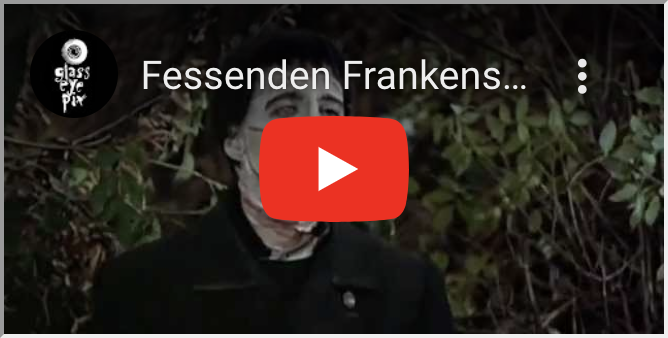
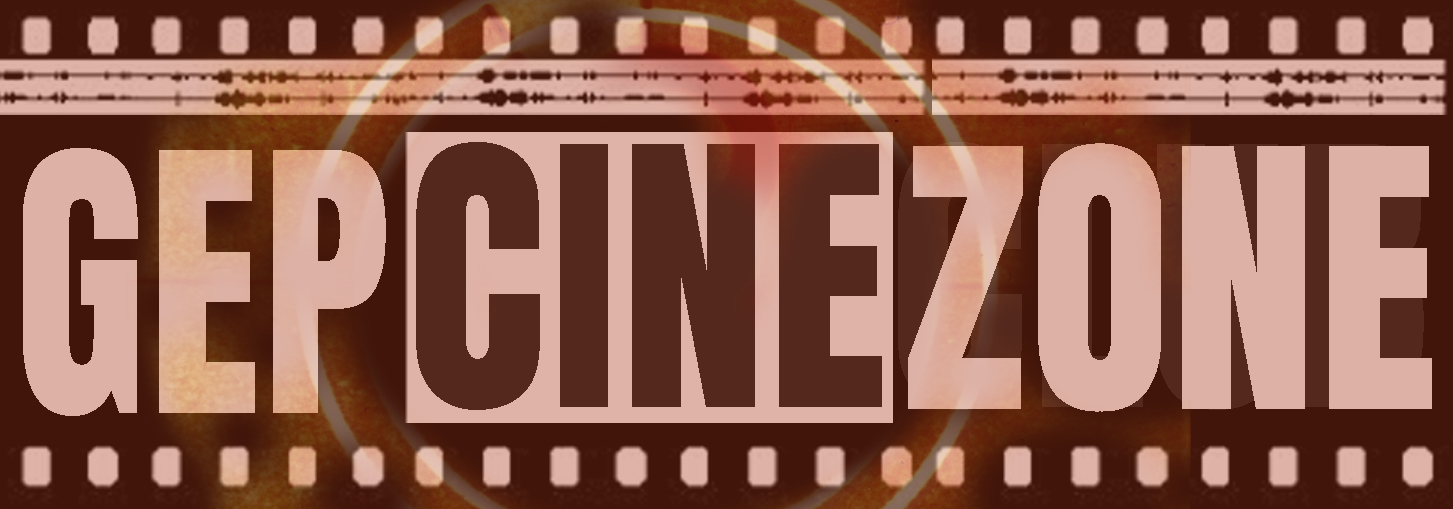












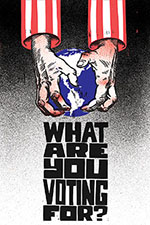
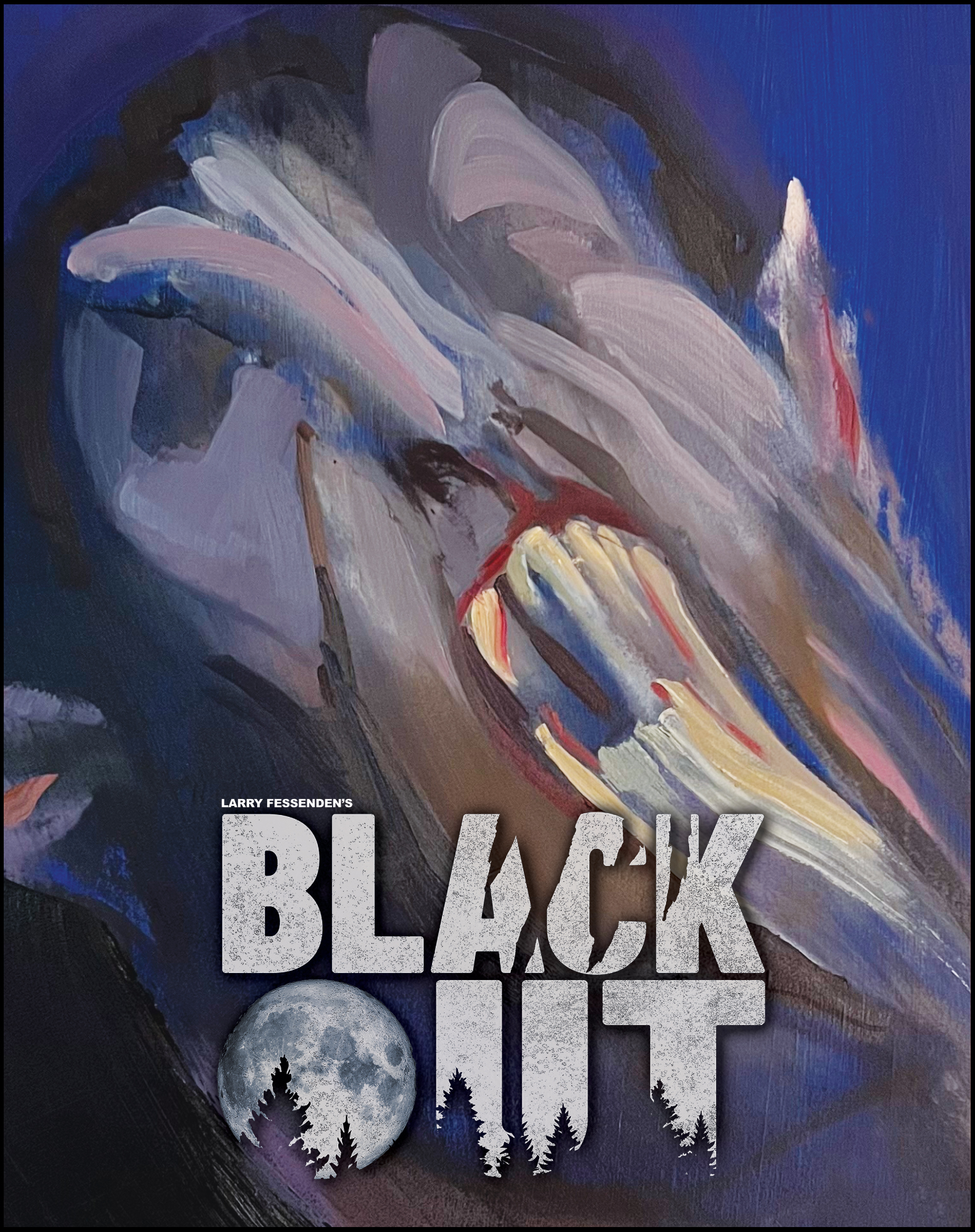
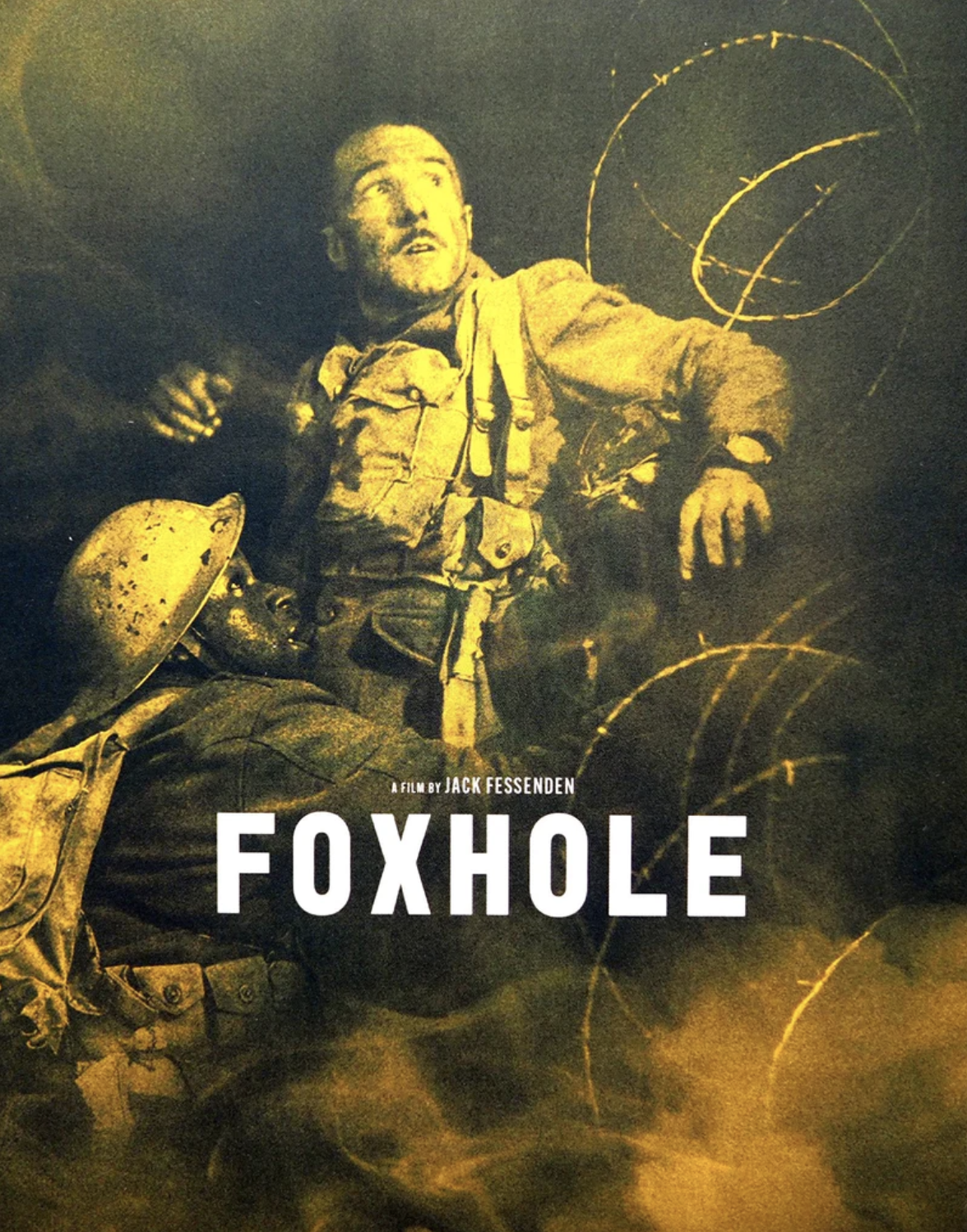
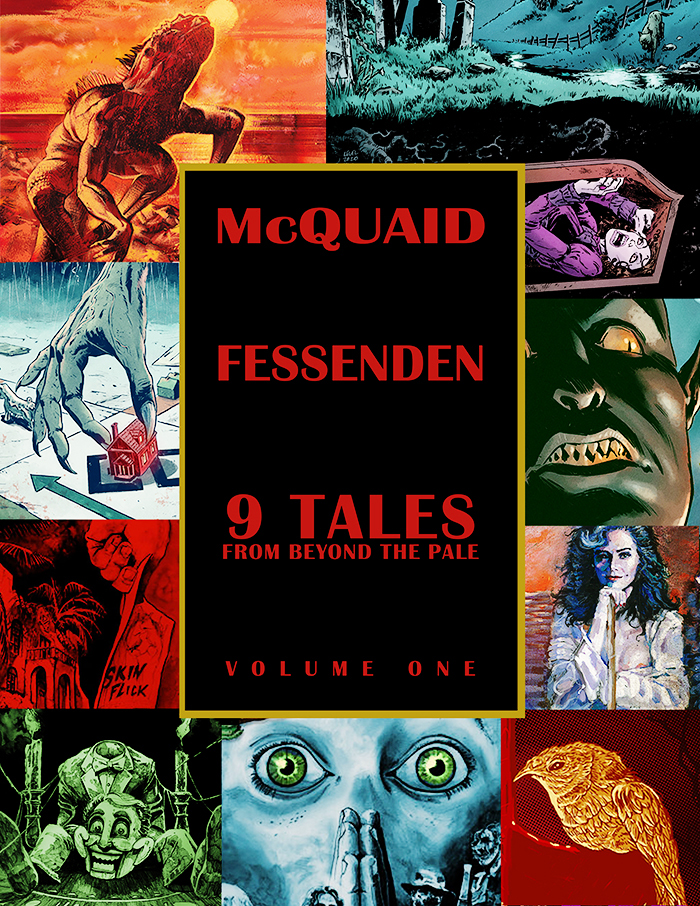
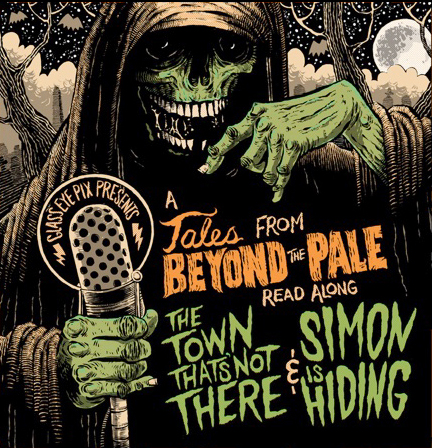
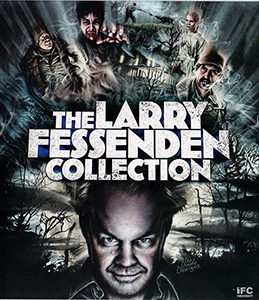
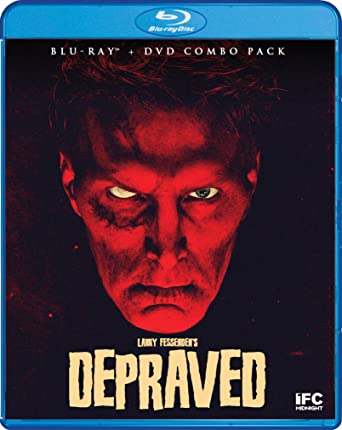
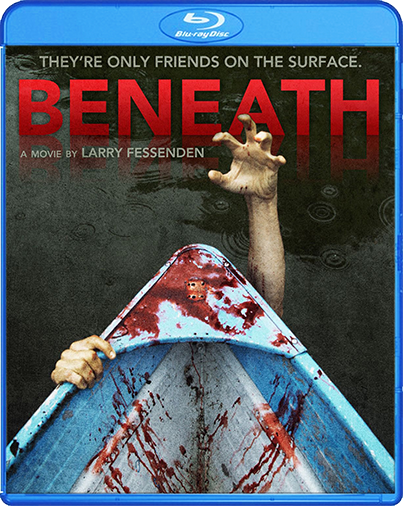


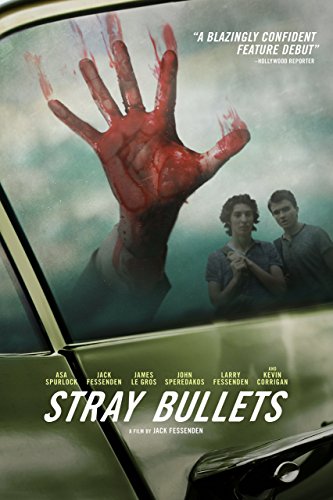

Add a comment